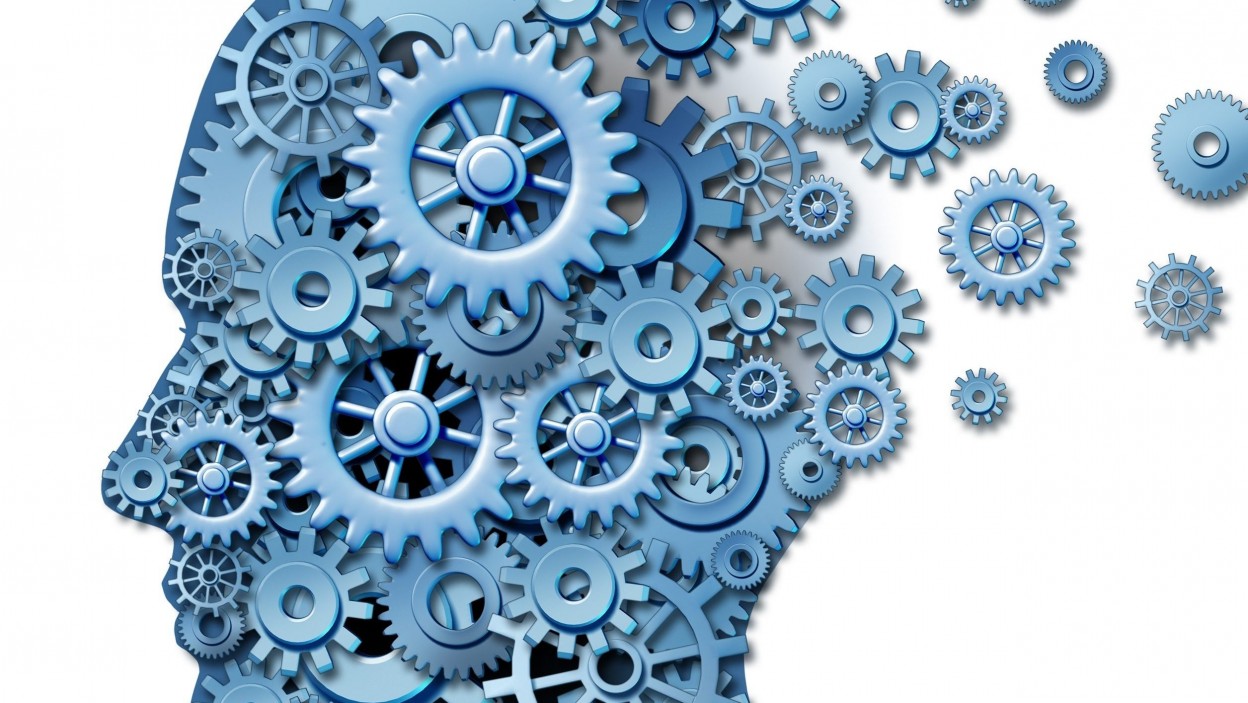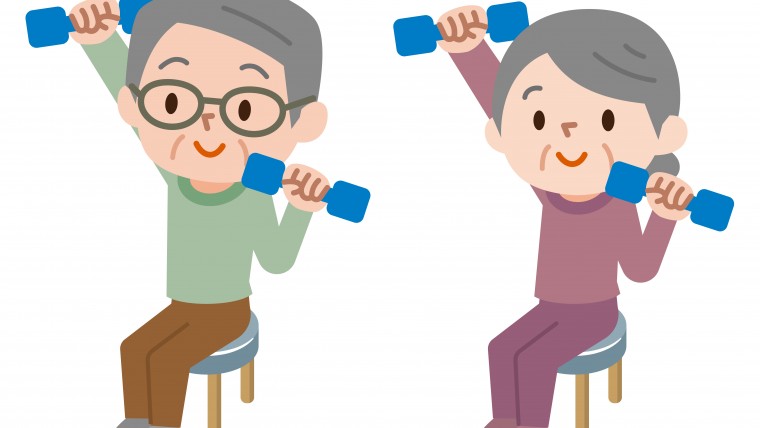Most often affecting the elderly population, dementia is defined as a decrease in cognitive functions (attention, memory, judgement, etc.) that leads to significant loss of autonomy.
Dementia can be divided into 5 categories:
1. Alzheimer’s disease
Alzheimer’s disease is the most common and well-known type of dementia because it is associated with the majority of the elderly population. Alzheimer’s disease affects all brain function and manifests itself in an insidious and progressive way: memory loss (cannot remember a date), orientation (cannot remember a place) and language (difficulty finding the right words).
2. Vascular dementia
Vascular dementia is the second most common type of dementia. It accounts for 10% to 20% of dementia cases among seniors. Vascular dementia is caused by damage to the blood vessels that circulate blood in the brain. The oxygen supply is compromised and the cells die, resulting in an infarction that can potentially lead to vascular dementia.
3. Fronto-temporal dementia
At about the age of 60, the first symptoms of this type of dementia appear earlier than the symptoms of Alzheimer’s. Fronto-temporal dementia is characterized by behavioural and personality disorders and cognitive deficits, particularly in terms of executive function and language. Damage to brain cells starts in the frontal lobe, which controls mood and behaviour.
4. Lewy Body disease
This type of dementia is similar to Alzheimer’s because it is caused by the degeneration and death of nerve cells in the brain. Characteristics similar to those of Parkinson’s disease are associated with Lewy Body disease such as tremors and stiffness. This type of dementia causes sleep disorders and visual hallucinations.
5. Mixed dementia
Mixed dementia is detected when two types of dementia affect a person. Vascular dementia and Alzheimer’s is the most common mixed dementia.
Helpful information…
Lastly, a wide range of symptoms characterize dementia: behavioural disorders (a change in mood or personality), language difficulties (difficulty finding the right word), confusion (disorientation in time and space), learning difficulties, impaired judgement, reasoning problems and memory loss.
Memory loss alone cannot determine if your loved one has dementia. In fact, cognitive impairments associated with memory are sometimes the result of the interaction between alcohol and medication, depression, thyroid problems or a vitamin deficiency. This is why it is crucial to see a specialist to determine whether your loved one really does have dementia.
Résidences Québec Consulting Services can help you

Source:
CAMICIOLI, Richard. « Distinguer les différents types de démences », Revue canadienne de la maladie d’Alzheimer et autres démences, 2006, vol. 8, n° 4 (juin), p. 4-11.
Read also :
Need help?
Contact a residence advisor to help you in your search for a residence
844 422-2555
Service free of charge for beneficiaries
Member of ACHQ
Need help?
Contact a qualified residence advisor for help with your search and accompany you until the signing of your lease for FREE.
Our assistance service for the elderly is FREE*
844 422-2555
* Our residence advisors are paid by the network of private residences in Quebec certified by the Ministry of Health and Social Services.



